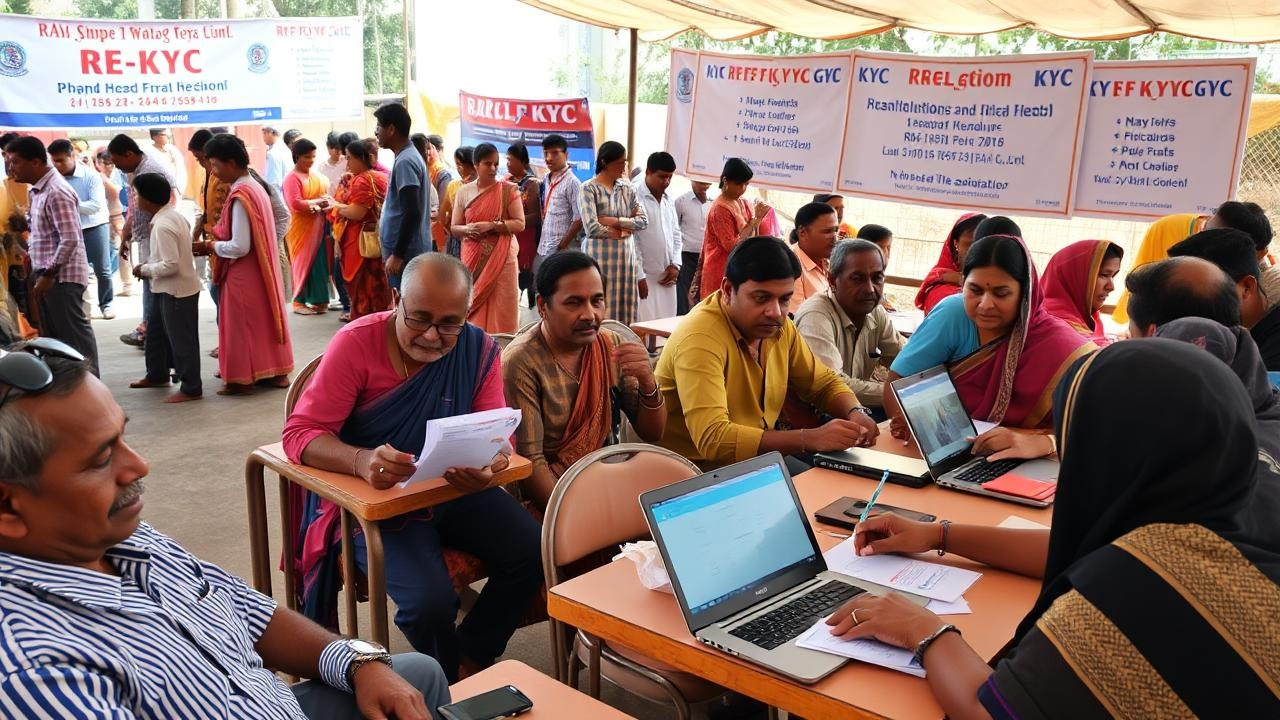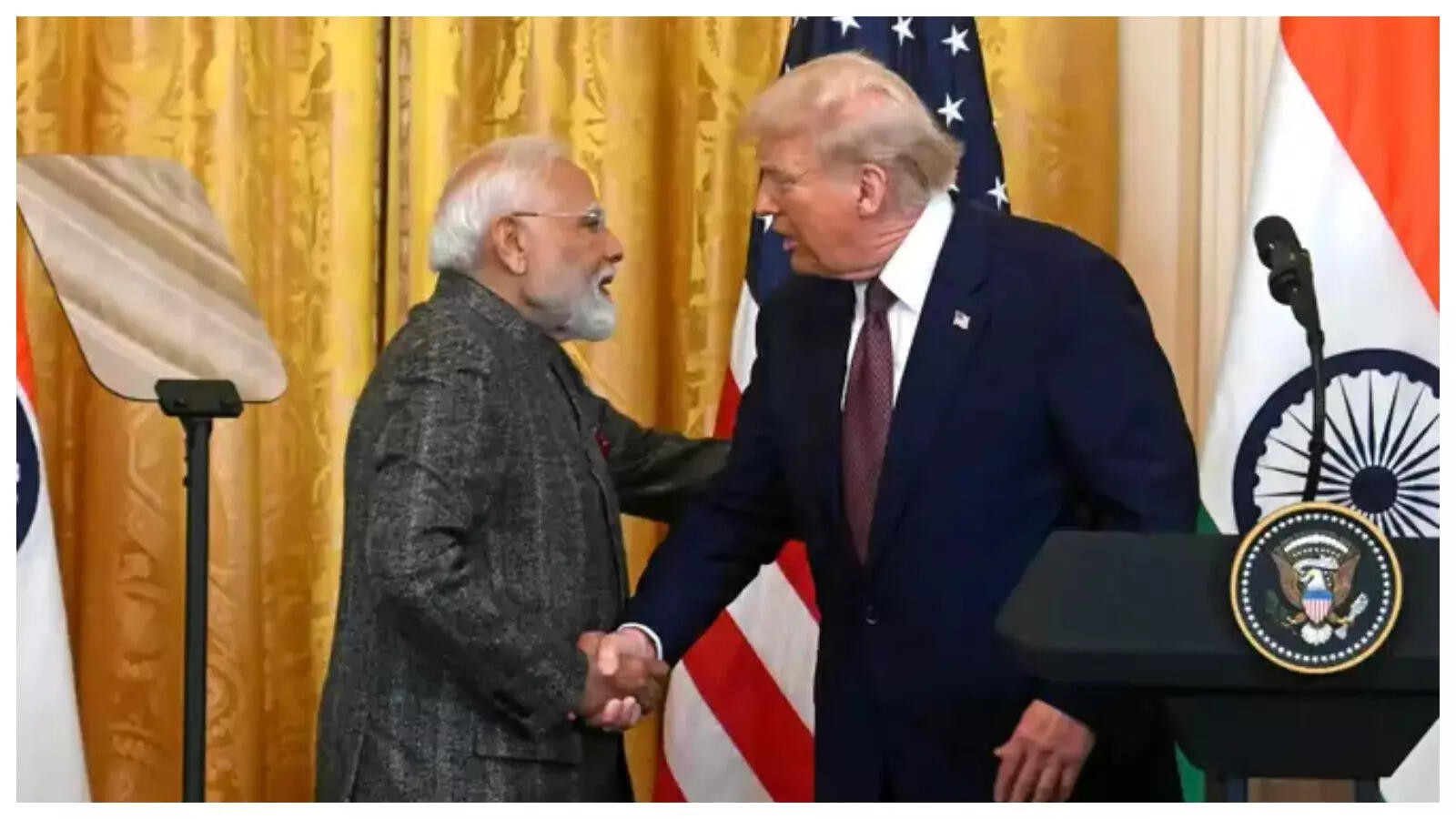RBI Deputy Governor Swaminathan Janakiraman emphasized that financial inclusion extends beyond banking access, focusing on empowering individuals through financial literacy for improved lives and economic contribution. Indian Bank’s Financial Inclusion Saturation programme in Tiruvallur facilitated Re-KYC and enrolment in schemes like PMJJBY and PMSBY, benefiting over 2,000 community members.
Beyond Bank Accounts: Why Financial Literacy is the Real Key to Inclusion
For years, the drive for financial inclusion has largely focused on one thing: access. Opening bank accounts, providing credit, and expanding digital payment systems have been seen as the primary solutions to bring more people into the formal financial fold. But what if simply having access isn’t enough? What if we’ve been missing a crucial piece of the puzzle?
Recently, the Reserve Bank of India (RBI) Deputy Governor, Michael Debabrata Patra, brought this critical point to the forefront, emphasizing that financial inclusion efforts must prioritize financial literacy, not just broader access. His remarks shine a light on the limitations of a purely access-driven approach and the urgent need for a more holistic strategy.
The logic is compelling. Imagine handing someone the keys to a high-performance car without teaching them how to drive. They might have the potential to reach incredible speeds, but they’re also at risk of crashing and burning. Similarly, giving someone access to financial products without the knowledge and skills to manage them effectively can lead to debt, poor investment choices, and ultimately, greater financial insecurity.
Access Alone Isn’t the Answer
The truth is, simply opening a bank account doesn’t magically transform someone into a financially savvy individual. Many people, particularly those from marginalized communities, may lack the fundamental understanding of budgeting, saving, investing, and managing debt. Without this knowledge, they’re vulnerable to predatory lending practices, risky investment schemes, and other financial pitfalls.
Think about the proliferation of digital payment apps. While these apps offer convenience and efficiency, they can also be confusing and overwhelming for those unfamiliar with digital technology and financial concepts. A person might easily fall victim to scams or make impulsive purchases they later regret.
Financial Literacy: A Powerful Tool for Empowerment
Financial literacy, on the other hand, empowers individuals to make informed financial decisions. It equips them with the knowledge and skills to navigate the complexities of the financial world, understand their rights and responsibilities, and plan for a secure future. It’s about understanding concepts like interest rates, inflation, and risk management. It’s about knowing how to create a budget, save for retirement, and manage debt effectively.
When people are financially literate, they are less likely to be exploited, more likely to make sound financial decisions, and better equipped to build wealth and improve their overall well-being. They’re also more likely to participate actively in the economy and contribute to overall financial stability.
Building a Nation of Financially Savvy Citizens
So, how do we shift the focus towards financial literacy? It requires a multi-pronged approach involving governments, financial institutions, educators, and community organizations.
* Integrating Financial Education into School Curricula: Start teaching children about money management from a young age. This lays a strong foundation for future financial decisions.
* Community-Based Programs: Offer workshops and training sessions in local communities, tailored to the specific needs and challenges of different groups.
* Digital Literacy Initiatives: Combine financial education with digital literacy programs to help people navigate the increasingly digital financial landscape.
* Simple and Accessible Information: Create clear, concise, and easily understandable financial information in multiple languages.
* Partnering with NGOs: Collaborate with non-governmental organizations that have experience working with vulnerable communities.
It’s important to emphasize that financial education should be practical and relevant to people’s lives. It should focus on real-world scenarios and provide actionable steps that people can take to improve their financial well-being. Consider linking financial literacy initiatives with existing social safety nets like micro-lending programs. This combined approach can drastically improve an individual’s overall financial health. You can learn more about micro-lending and its potential impact [here](internal-link-to-related-content).
The Path Forward
The RBI Deputy Governor’s call for a greater emphasis on financial literacy is a wake-up call. While expanding access to financial services remains important, it’s not enough. We need to invest in financial education and empower individuals with the knowledge and skills they need to make informed decisions and build a secure financial future. By prioritizing financial literacy, we can create a truly inclusive financial system that benefits everyone. The time to act is now – let’s move beyond simply providing the keys and start teaching people how to drive.
Permalink suggestion: financial-literacy-vs-access








